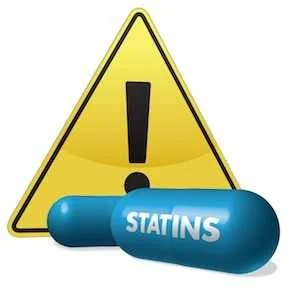A new study published in the American Journal of Physiology - Cell Physiology talks about how statins are beneficial in some cases but highlights the importance of weighing individual risk before using statins as preventive therapy.
Statins have proven to be quite effective in reducing atherosclerosis-related events and some researchers have gone so far as to advocating a wider use of statins as preemptive therapy for cardiovascular disease. However, statins do have side effects which include memory loss, muscle problems and increased diabetes risk.
Statins reduce bad cholesterol by blocking cholesterol production in the liver. The primary mode of action of statins is on macrophages which play a major role in plaque formation and rupture. Macrophages ingest fat deposits along the blood vessel. By attracting more macrophages, other cells and inflammation-related proteins, they build up the plaque within the vessel wall and narrow the arteries. Macrophages also release enzymes that weaken the fibrous cap increasing the risk of the plaque breaking open and the formation of blood clots which in turn increase the risk of strokes and heart attacks. Macrophages develop from stem cells in the bone marrow but can also develop from mesenchymal stem cells (MSCs).
In this particular study, the researchers found that the long-term use of statins prevented MSCs from turning into macrophages thus decreasing inflammation and improving plaque stability. However, along with this, statins also prevent MSCs from becoming bone and cartilage cells thus increasing ageing and the death rate of MSCs and reducing the DNA repair abilities of MSCs.
"While the effect on macrophage differentiation explains the beneficial side of statins, their impact on other biologic properties of stem cells provides a novel explanation for their adverse clinical effects," the researchers wrote.
The researchers thus point out statins could have negative effects on stem cell function and while statin therapy benefits individuals with atherosclerosis, their use is not appropriate as a preventive measure in patients who do not have cardiovascular disease.
Source: American Physiological Society
Image Credit: Wikimedia Commons










